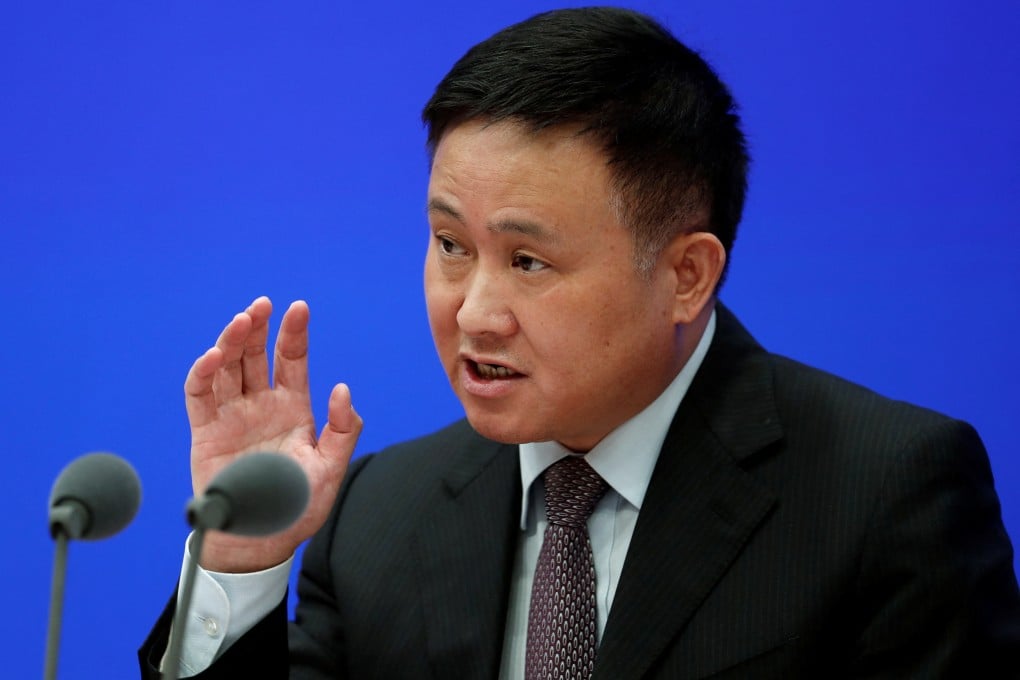China’s central bank head dissuades real estate woes as Vanke teeters towards default
- The head of China’s central bank has said the country’s property market has shown ‘positive signals’ despite uncertainty the worst has passed
- Vanke, a major developer, saw its credit rating demoted as other firms tangle with solvency questions

At a closed-door meeting with representatives of domestic and overseas financial institutions, Pan Gongsheng said real estate – long a bellwether for the economy at large – has shown “positive signals”.
“It has a solid foundation for long-term healthy and stable development,” he said during the China Development Forum, which drew dozens of executives from major multinationals including tech giant Apple.
“Property market volatility has a limited impact on China’s financial system,” he added, according to a statement posted on the website of the People’s Bank of China (PBOC).
The downgrade further darkened the shadow looming over the sector, initially precipitated by revelations of financial trouble for China Evergrande, Country Garden and many other developers.

